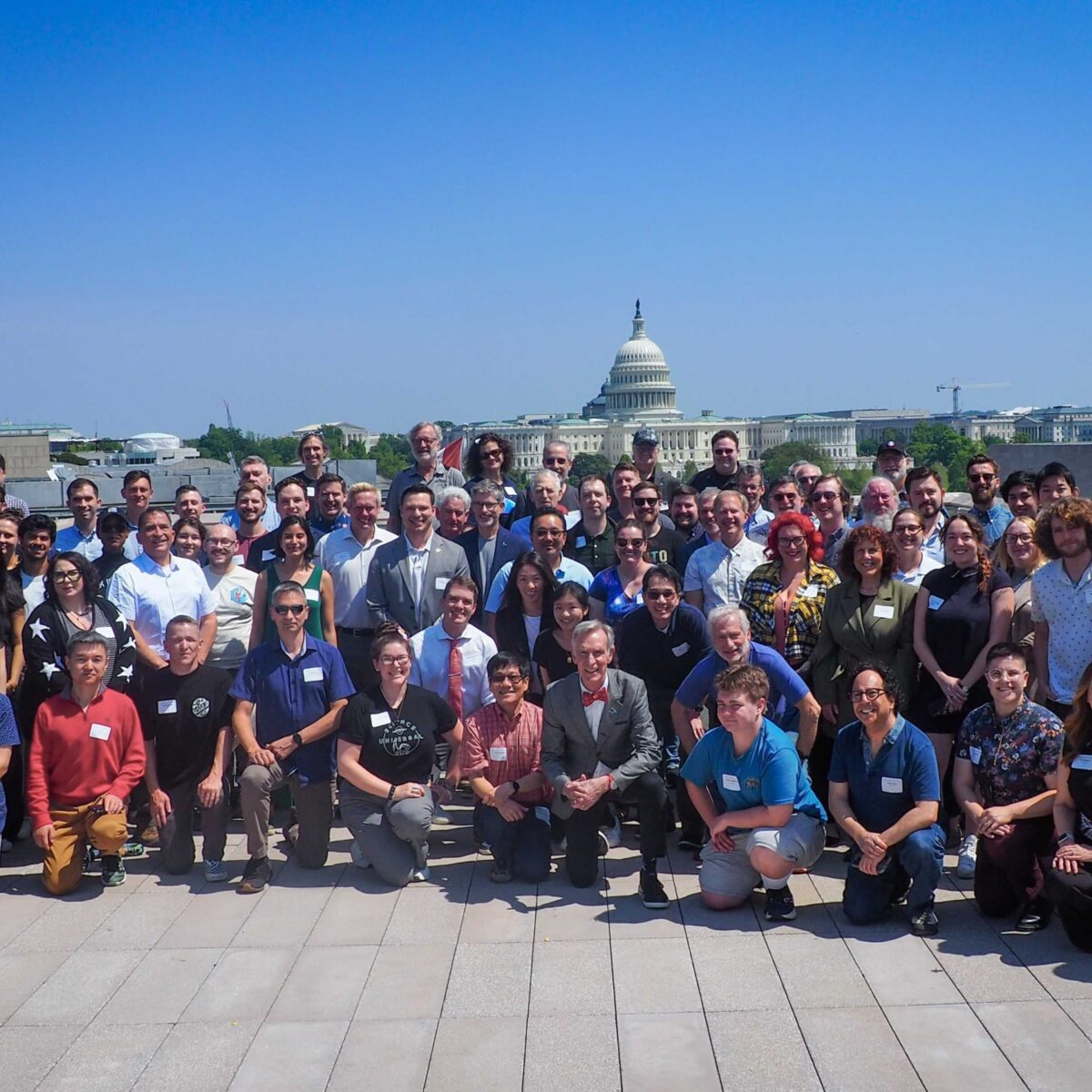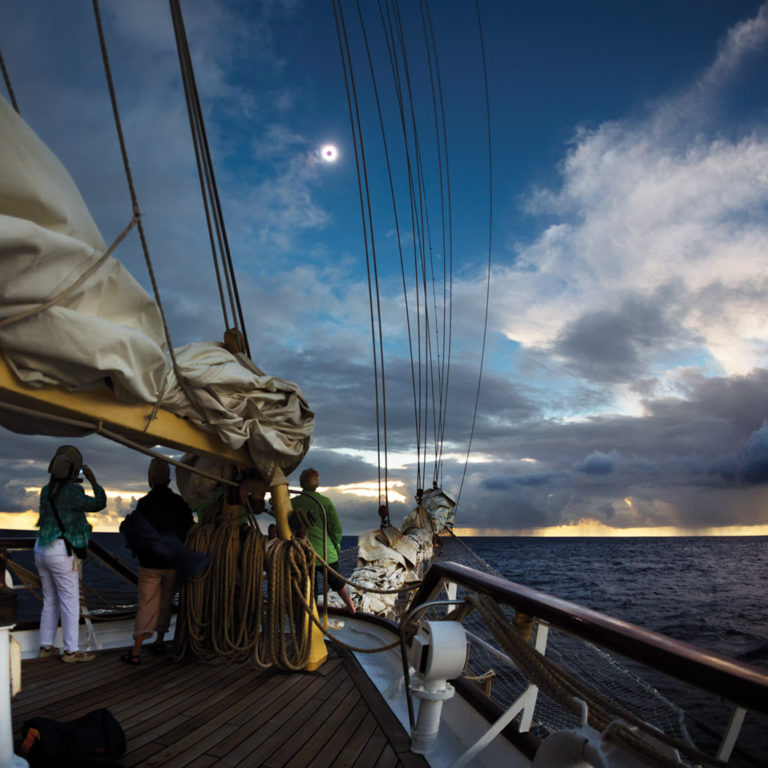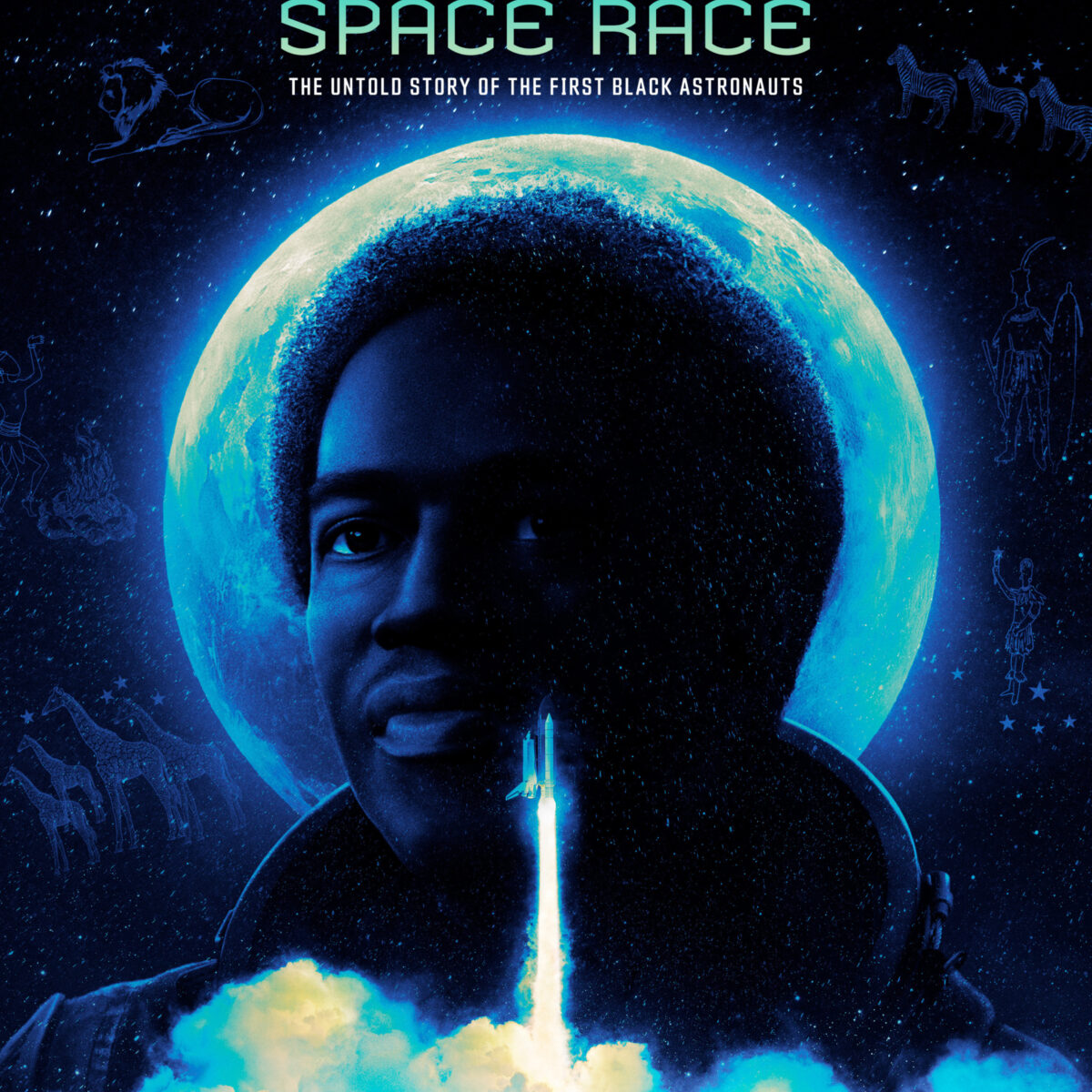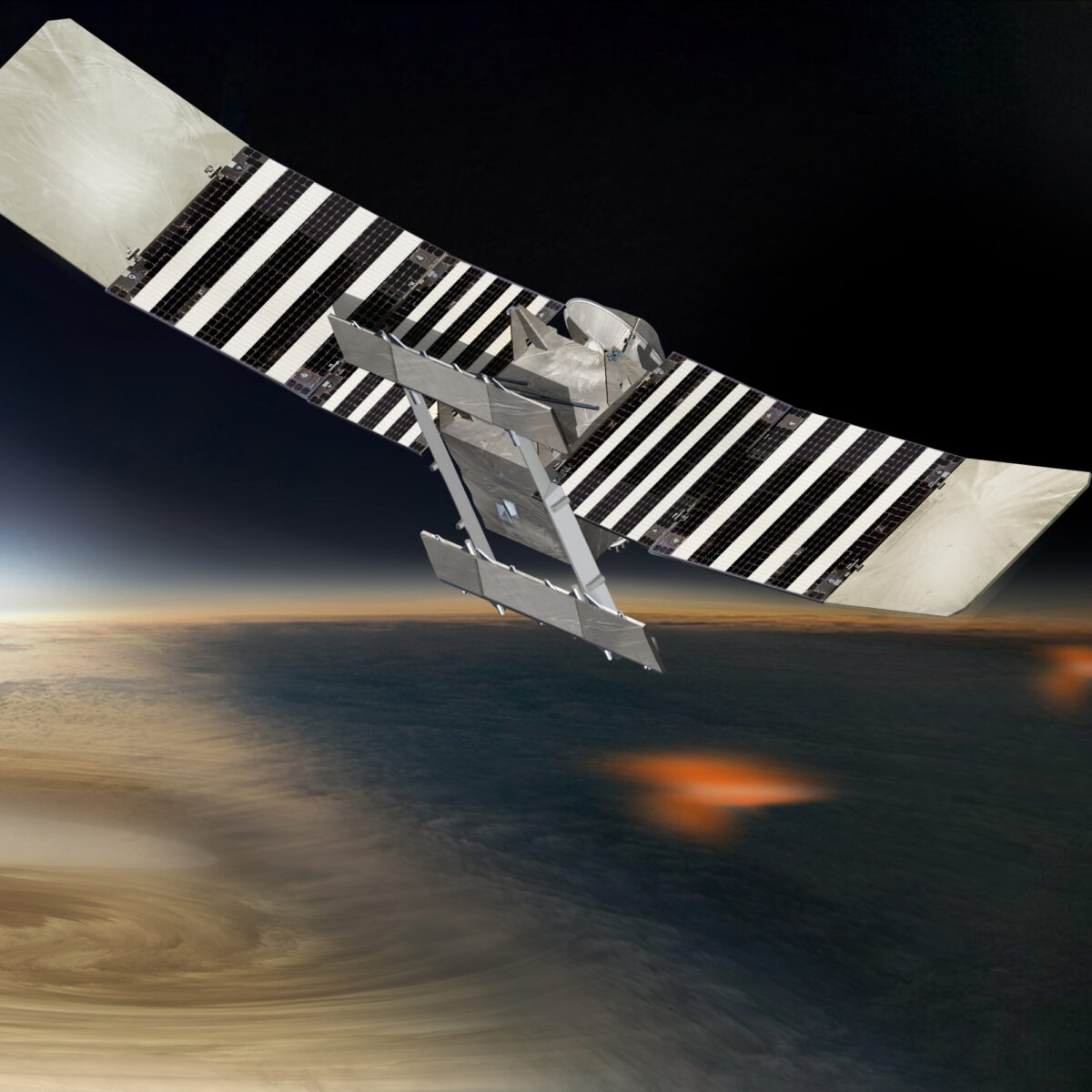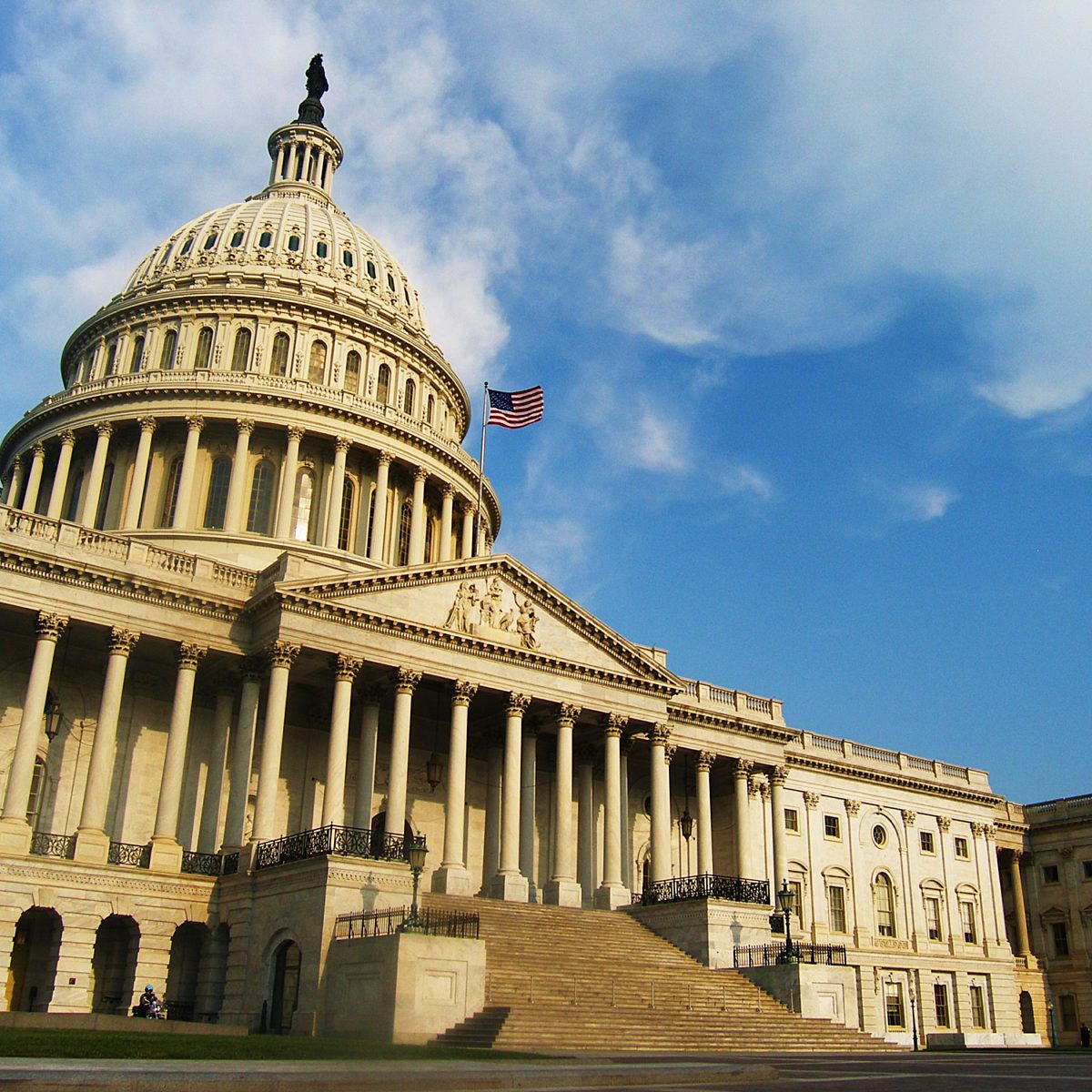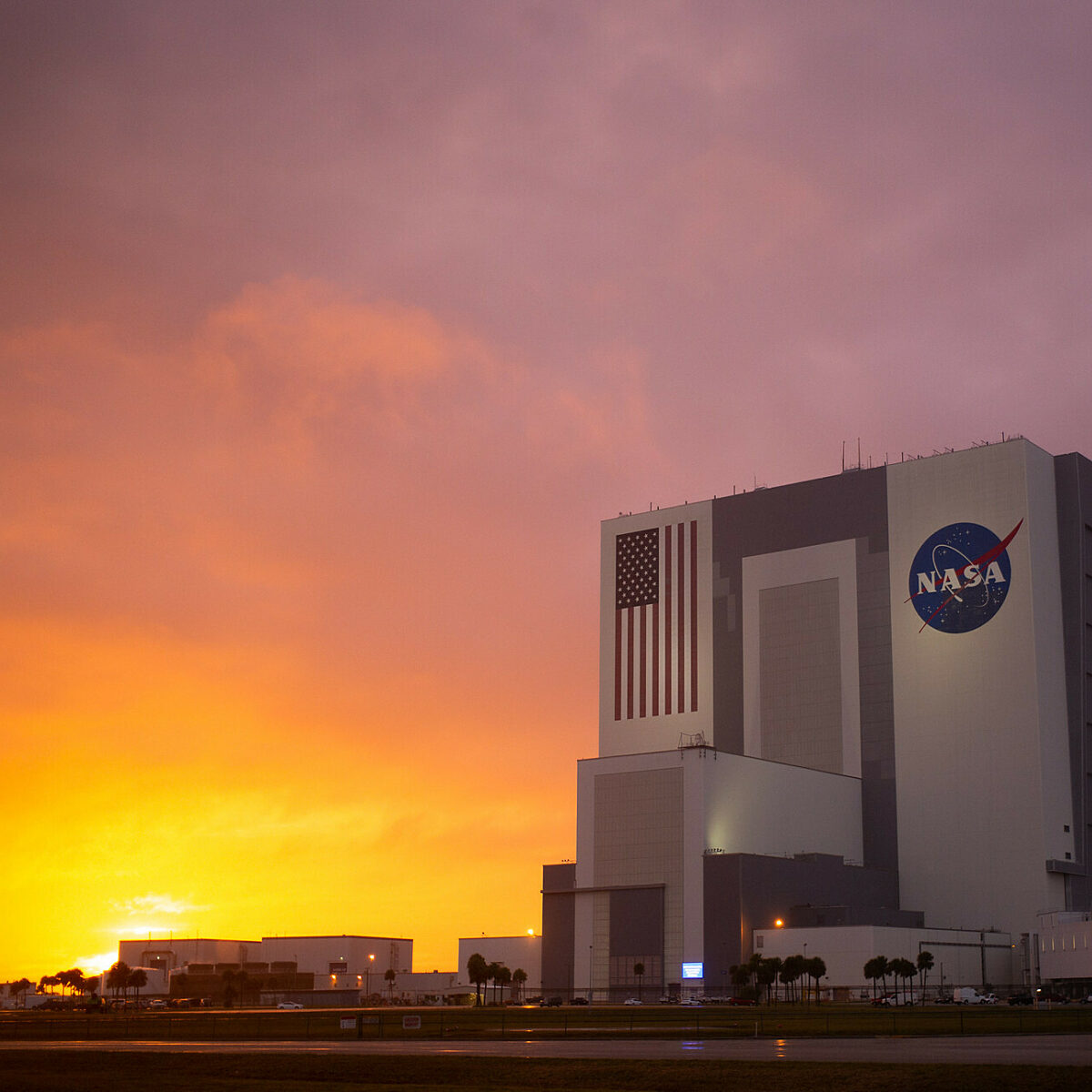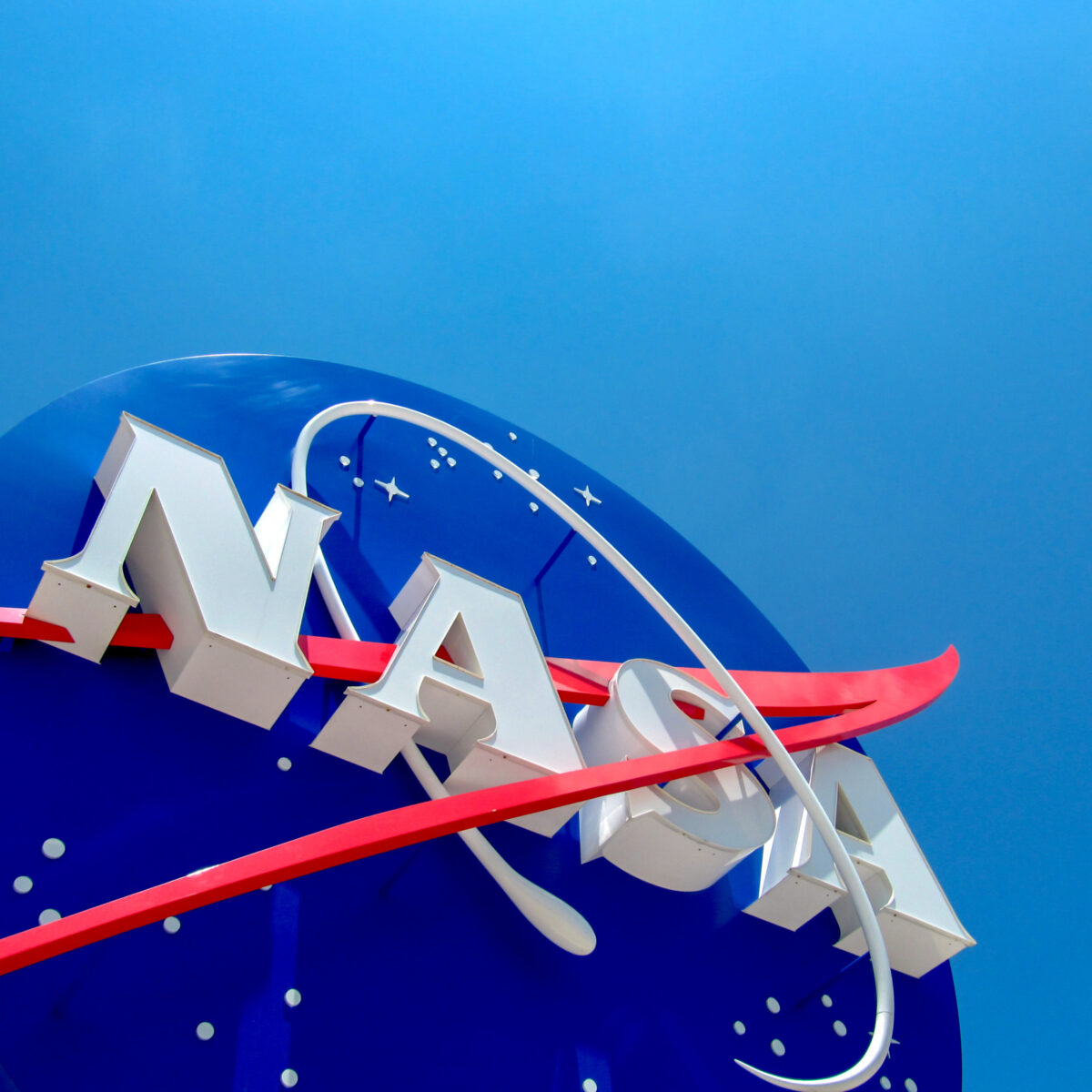Since 2002, Planetary Radio has visited with a scientist, engineer, project manager, advocate, or writer who provides a unique perspective on the quest for knowledge about our Solar System and beyond. The full show archive is available for free.
Search Planetary Radio
This week on Planetary Radio, we'll share what happened during this year's Day of Action and why it matters.
Jim Bell, a professor from the School of Earth and Space Exploration at Arizona State University and former president of The Planetary Society's Board of Directors, shares captivating tales from his global eclipse-chasing journeys.
This week on Planetary Radio, we take a peek behind the scenes at National Geographic's new documentary, “The Space Race,” which celebrates the triumphs and struggles of the first African-American space pioneers and astronauts.
We check in on the congressional budget process for NASA, Mars Sample Return’s spiraling cost growth, and the impending end of the regulatory holiday for human commercial space launch companies.
Darby Dyar, Deputy Principal Investigator for NASA's VERITAS mission to Venus, joins Planetary Radio to share the human story behind the spacecraft and make a case for saving the mission.
Jean Toal Eisen, former senior staff on the Senate Appropriations Committee, joins the show to reveal the decision-making process, priorities, and motivations of those who control the U.S. space program's funding.
For his last episode as host, Mat Kaplan welcomes many of his Planetary Society colleagues for a review of a spectacular year of space exploration.
What is NASA’s return on investment? NASA chief economist Alex MacDonald and University of Illinois Chicago professor Joshua Drucker provide revealing answers from a new economic impact report.
A healthy $26 billion has been proposed for NASA next year, but there are at least a couple of troubling factors we’ll discuss as Congress begins its review.
X-ray astronomy is vital to solving some of the universe’s biggest mysteries. Martin Weisskopf’s brand new space telescope has joined the effort.
The White House’s proposed 2022 NASA budget is almost entirely great news, as is the announcement that two complementary orbiters will explore Venus.
NASA’s fiscal year 2021 budget request contains lots of good news along with a few disappointments. How will Congress weigh in?
Can NASA return astronauts to the Moon by 2024? Vice President Mike Pence shocked the space community by announcing this ambitious new goal just weeks after the Trump Administration proposed a half-billion dollar cut to the space agency.
China's space program notched an impressive "first" last month when its Chang'e 4 spacecraft landed on the far side of the Moon. The U.S. space program, in contrast, was in the midst of an extended shutdown. Some observers expect China's growing space capability and lunar ambitions to trigger a new space race. Not Dr. Roger Handberg, Professor of Political Science at the University of Central Florida. He discusses how the current geopolitical situation differs from the Cold War standoff between two superpowers, and how we shouldn't expect dollars to flow back to the U.S. space program as a consequence of China's space successes. Cooperation, or even friendly competition, is a much more likely outcome than a new space race.
In a government shutdown seemingly without end, we bring you two stories from individuals directly impacted by the crisis. NASA scientist and union representative Lee Stone discusses the missed paychecks, loss of science, and lasting negative consequences to the public sector scientific workforce.
The counting continues as we publish this month’s special episode, with a handful of seats in the US Senate and House still up for grabs. But with the Democratic takeover of the House assured, and several longtime space advocates turned out, change is certainly coming.
We talk with planetary scientist and Lunar and Planetary Institute Director Louise Prockter, who co-led creation of a new report evaluating the performance of NASA's planetary science division.
The Senate just held a hearing on NASA's efforts to send humans to...Mars? A week later, the same committee advanced legislation to extend the life of the International Space Station to 2030, six years beyond the current end-date and two years beyond the current hardware safety ratings.
Freeman Dyson wasn’t the only space star at the ISDC. Mat talks with former astronaut and NOAA Administrator Kathryn Sullivan, leaders of the Cassini mission, innovative students and an expert on dental care in space.
Lori Garver, former Deputy Administrator of NASA, talks with Casey about what the Deputy and Administrator jobs are like day-to-day, how decisions actually get made at the top, and why the current lack of confirmed leadership hurts the space agency.


 Explore Worlds
Explore Worlds Find Life
Find Life Defend Earth
Defend Earth


